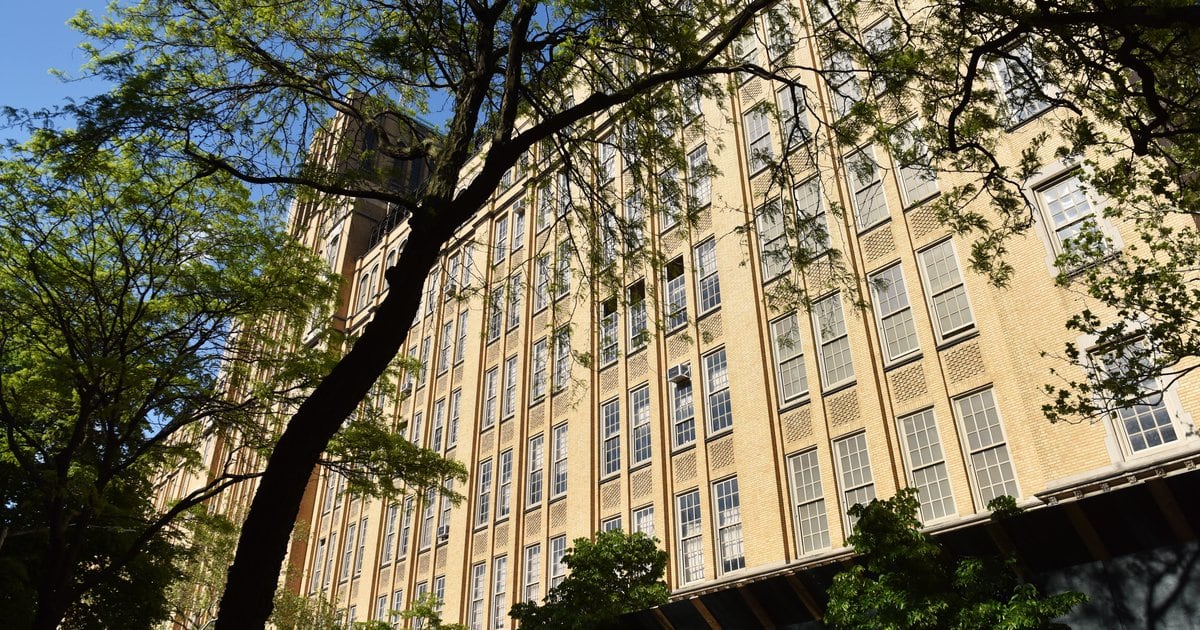During this summer, a team of students from MIT embarked on a journey to the sou …
Crises in Israel and Gaza pose challenges for NYC schools in discussions with students
Lila Lightbringer

Many teenagers in New York City have been affected by the recent violence between Israel and the Gaza Strip. Muslim and Jewish students have noticed an increase in derogatory comments from their classmates and on social media platforms. A state review found that Islamophobic and antisemitic rhetoric on social media has spiked by over 400% since the start of the conflict. Students are actively following the ongoing war on their phones, trying to sort through conflicting information and viewpoints.
For these students, school is one of the few safe spaces where they can learn about the history of the Israel-Hamas war and take some action. However, different schools in the city have taken divergent approaches to navigating conversations about the conflict. Some schools, especially larger ones, are hesitant to discuss the war due to concerns about further tensions, fast-paced curriculums, and a warning from the schools Chancellor to keep personal views out of the classroom.
The Education Department has provided school leaders with a resource guide to support instruction and provide resources on the war and supporting students during this challenging time. Banks’s warning about political speech was meant to reiterate existing city rules and encourage teachers to remain objective when discussing charged issues.
Despite the challenges, some schools and teachers are engaging in difficult conversations about the conflict. They believe it’s important to address the issue and not avoid it. Teachers have provided informal check-ins with students, organized after-school meetings for student groups, and led lessons to help students process the news intellectually, emotionally, and morally.
At several smaller schools, teachers have organized optional “teach-ins” during lunch periods and after school to provide students with more background on the conflict. These sessions aim to provide factual information without imposing a specific stance. Teachers also encourage students to approach social media with skepticism and to spot misinformation.
The crisis in Israel and Gaza has sparked debates about the appropriate role of politics in schools. The city rules bar teachers from expressing personal political views, and the recent reminder by the schools Chancellor has further raised concerns about stifling political discussion. Some educators believe their voices are being censored and that they’ve been discouraged from supporting students.
Students, too, have voiced their concerns about the handling of the conflict in schools. They have called for dedicated spaces to discuss the conflict, additional counseling resources, and for school administrators to acknowledge the deaths in Gaza as well as in Israel. Some debates over political speech have even occurred on an individual classroom level.
While some teachers believe in maintaining a strict separation between personal political beliefs and classroom teaching, others argue that students should be exposed to diverse viewpoints and that teachers can engage in separate conversations when asked.


